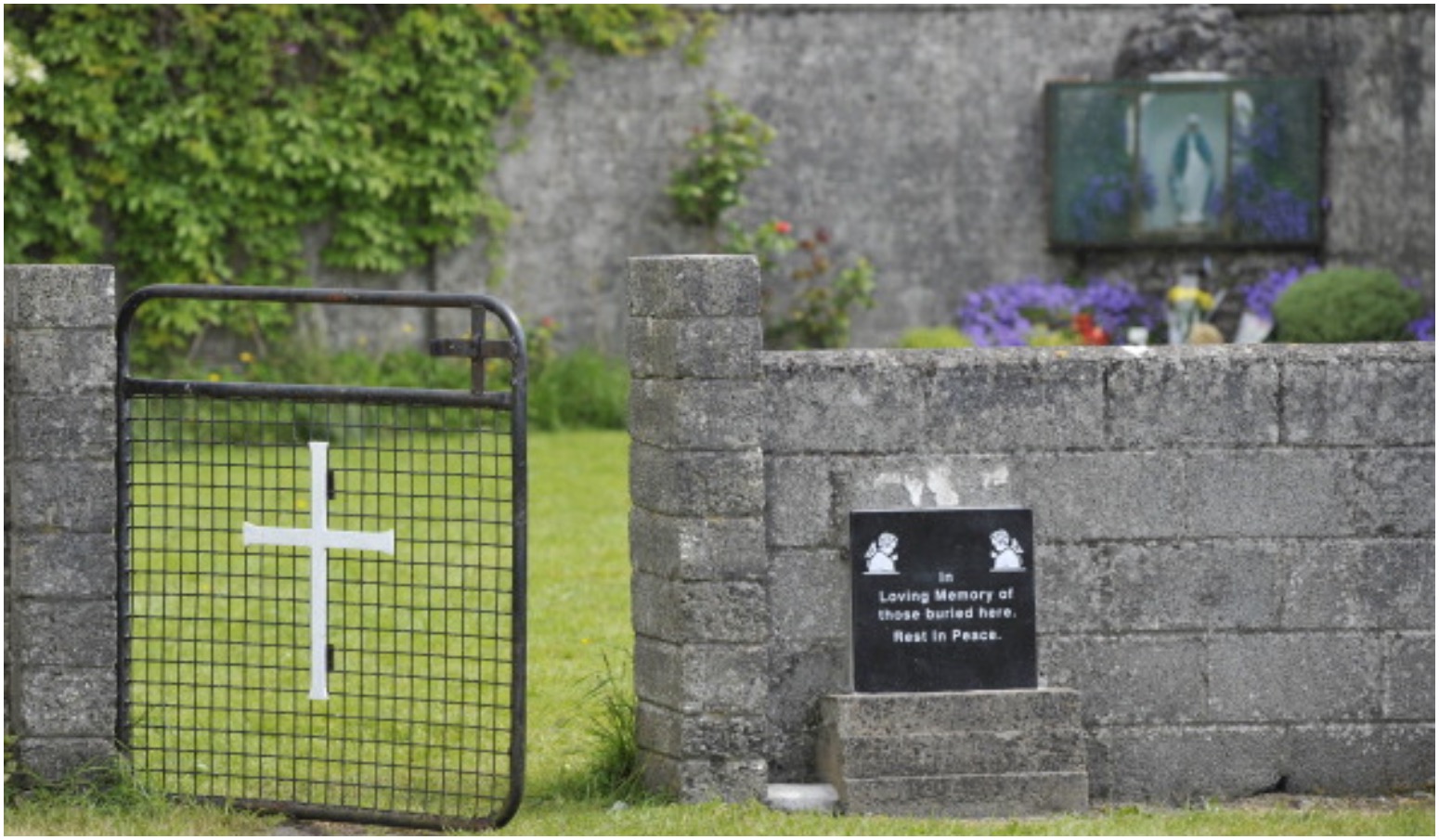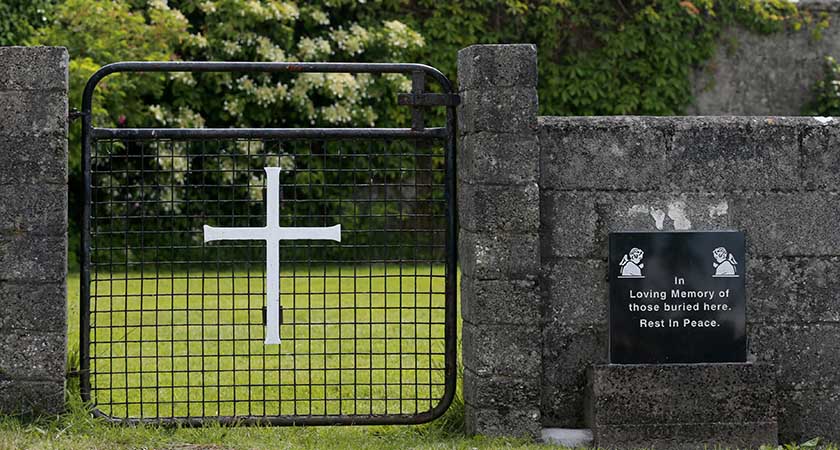CONTROVERSIAL LEGISLATION that will see some of the records compiled by the Mother and Baby Homes Commission of Investigation sealed for 30 years, has been passed.
The Commission of Investigation (Mother and Baby Homes and certain related Matters) Records, and another Matter Bill, relates to the transfer of the Commission's database to Tusla, Ireland's Child and Family Agency.
However, under a 2004, any remaining records from the Mother and Baby Homes Commission of Investigation not sent to Tusla will be sealed for 30 years.
The legislation has drawn criticism from survivors of Ireland's Mother and Baby Homes, who believe the change will leave them unable to access their own information.
Despite similar protests from some in the Dáil, the bill has been passed by a vote of 78 to 67 after receiving support from the Irish government's three coalition parties - Fianna Fail, Fine Gael, and The Green Party.
Sinn Fein, Labour, Social Democrats, Solidarity - People Before Profit, and the independents all rejected it.
Now the Data Protection Commission (DPC) has accused the Government of contravening European and Irish law in relation to the accessibility of personal data.
According to the Irish Examiner, DPC was consulted by the Department of Children ahead of the drafting of the new bill, with Data Protection Impact Assessment commissioned.
In passing the legislation, Children’s Minister Roderic O’Gorman told the Dáil he was advised by the Attorney General that access to the records was explicitly restricted by the Commissions of Investigation Act 2004.
However, according to the Irish Examiner, thus runs "entirely contrary" to the DPC’s observations.
“The DPC provided a number of observations on the DPIA,” deputy commissioner Graham Doyle told the newspaper.
He explained that he 2018 Data Protection Act, which was originally drafted to help enact the EU’s General Data Protection Regulation (GDPR) in Irish law, “explicitly amended” the 2004 Commissions of Investigation Act so that “any restriction on the right to access personal data processed by the Commission can only be implemented ‘to the extent necessary and proportionate to safeguard the effective operation of commissions and the future cooperation of witnesses’”.
“It would appear to the DPC to be the case that the separate provisions of the 2004 Act in relation to the sealing of documents were not intended in the context of the amendment to the 2018 Act to provide an effective ‘blanket’ barrier to the exercise of rights,” he added.

More significantly still, the report suggests the DPC disagrees with the Department’s approach concerning the new legislation.
“The Minister admits that he went back and forth with the Attorney General and that the 2004 Commissions act requires that the records be sealed,” a source to the Irish Examiner.
“But that act came in 2004 - it predates the EU’s charter on fundamental rights and GDPR and the 2018 data protection act, and where there’s conflict between national and EU legislation, the EU takes primacy,” they said.
“He (Minister O’Gorman) has gotten advice which he feels he has to follow, but he also clearly realises that there’s something wrong,” the source said.
“To be fair to the Department they’re trying to do the right thing, but are afflicted by having done such a bad job on communications. They have to legislate to ensure that the Commission doesn’t redact the information within the records. Really, the question is how the whole thing was left so late.”
The Commission on mother and baby homes is due to complete its work and dissolve at the end of October, a situation that has led to the need for new legislation.
O’Gorman has continued to defend the legislation, and stress that provisions are in place in the bill that prevent the databases from being sealed for 30 years.
"That claim has been repeated countless times in this House. It is incorrect. This bill seeks to protect a database and ensure it is not sealed in that archive," he said.
Writing in a statement posted on Twitter, he said: "I want to make it very clear, in the most emphatic terms: the bill vote on tonight does not seal the archive for 30 years. The bill was brought to ensure we could save information from being sealed by a pre-existing requirement under an earlier law. I want to work to overcome this restriction too."

O’Gorman reiterated his point during an interview on RTÉ Radio One's Morning Ireland explaining that it needed to be passed in order to "help children establish their identity."
"Under the existing law, the law under which the mother and baby homes was originally established, all the archives from the commission's investigation have to be sealed for 30 years but when we saw the value that this particular database could have for helping children establish their identity we decided to act to ensure the database and the records that support it don't go into that archive.
"So we’ve passed that law to ensure that databases and the supporting records are taken out of the archive and for the time being they are given to Tusla to help Tusla with their existing tracing services," he added
"I needed to do a better job of communicating what the government is doing, and engaging with survivors’ groups.
“And I know a lot of anxiety has been caused, I certainly deeply regret … that my failure to communicate properly caused that anxiety.”
In the wake of the furious reaction to the bill, O'Gorman is set to consult with survivor groups and academic experts.
There could be more serious issues to follow though.

